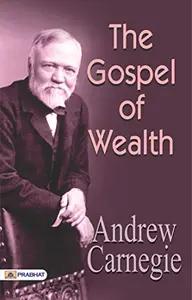The Gospel of Wealth
By Andrew Carnegie
Category
CultureRecommended by
"The Gospel of Wealth" by Andrew Carnegie is a seminal work on the role of philanthropy and wealth distribution in shaping society. Carnegie, a self-made steel magnate and one of the wealthiest individuals of his time, presents his belief that the accumulation of vast fortunes is not inherently negative, but rather a responsibility that should be used for the greater good.
In this concise yet powerful book, Carnegie argues for the necessity of wealthy individuals to redistribute their wealth through systematic and purposeful philanthropic endeavors. He emphasizes the importance of individuals in positions of affluence understanding their duty to steward their wealth in a way that benefits society as a whole.
Carnegie challenges traditional notions of wealth accumulation solely for personal gain, advocating instead for a philanthropic approach that aims to address systemic social issues and promote the welfare of the less fortunate. He asserts that philanthropy, when thoughtfully executed, can effectively address pressing societal concerns such as poverty, education, and healthcare.
With clear and persuasive arguments, Carnegie proposes that the wealthy have both a moral obligation and the necessary means to actively contribute to societal progress. He advocates for a distinction between mere charity, which may perpetuate dependency, and strategic philanthropy that aims to empower and uplift individuals and communities in need.
"The Gospel of Wealth" is a thought-provoking examination of the responsibilities and opportunities that come with wealth. Carnegie's insights and philosophies continue to influence contemporary debates on income inequality and the role of philanthropy in shaping a fairer society.
This book serves as a call to action for individuals in positions of wealth and influence to embrace their potential to significantly impact the world through strategic and purposeful philanthropy. It invites the reader to reflect on the ethical dimensions of wealth accumulation and the transformative power of wealth when employed for the benefit of all.
In this concise yet powerful book, Carnegie argues for the necessity of wealthy individuals to redistribute their wealth through systematic and purposeful philanthropic endeavors. He emphasizes the importance of individuals in positions of affluence understanding their duty to steward their wealth in a way that benefits society as a whole.
Carnegie challenges traditional notions of wealth accumulation solely for personal gain, advocating instead for a philanthropic approach that aims to address systemic social issues and promote the welfare of the less fortunate. He asserts that philanthropy, when thoughtfully executed, can effectively address pressing societal concerns such as poverty, education, and healthcare.
With clear and persuasive arguments, Carnegie proposes that the wealthy have both a moral obligation and the necessary means to actively contribute to societal progress. He advocates for a distinction between mere charity, which may perpetuate dependency, and strategic philanthropy that aims to empower and uplift individuals and communities in need.
"The Gospel of Wealth" is a thought-provoking examination of the responsibilities and opportunities that come with wealth. Carnegie's insights and philosophies continue to influence contemporary debates on income inequality and the role of philanthropy in shaping a fairer society.
This book serves as a call to action for individuals in positions of wealth and influence to embrace their potential to significantly impact the world through strategic and purposeful philanthropy. It invites the reader to reflect on the ethical dimensions of wealth accumulation and the transformative power of wealth when employed for the benefit of all.
Share This Book 📚
More Books in Culture
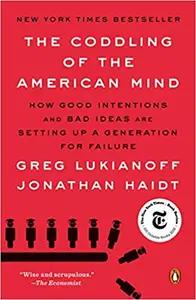
The Coddling of the American Mind
Greg Lukianoff & Jonathan Haidt
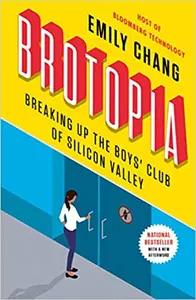
Brotopia
Emily Chang
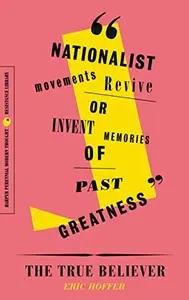
The True Believer
Eric Hoffer
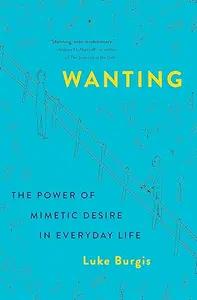
Wanting
Luke Burgis
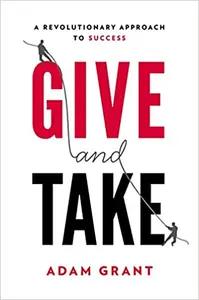
Give and Take
Adam Grant
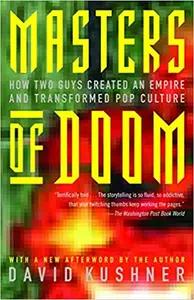
Masters of Doom
David Kushner

The Holy Bible
Various
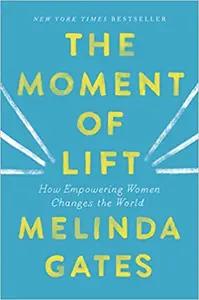
The Moment of Lift
Melinda Gates
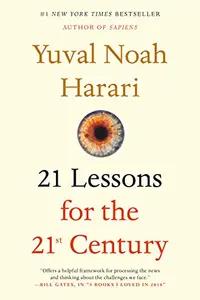
21 Lessons for the 21st Century
Yuval Noah Harari
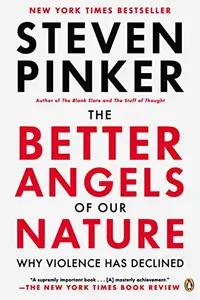
The Better Angels of our Nature
Steven Pinker
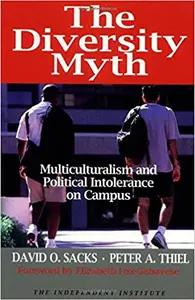
The Diversity Myth
Peter Thiel & David Sacks
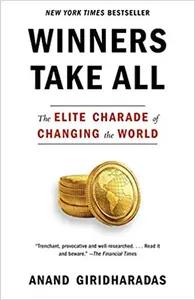
Winners Take All
Anand Giridharadas
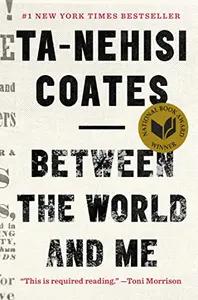
Between The World And Me
Ta-Nehisi Coates
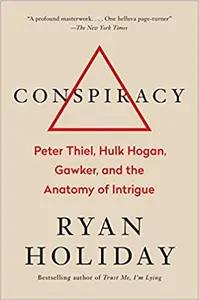
Conspiracy
Ryan Holiday
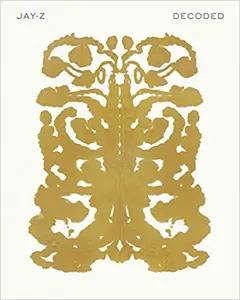
Decoded
Jay-Z

Play It Away
Charlie Hoehn
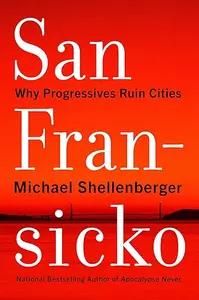
San Fransicko
Michael Shellenberger
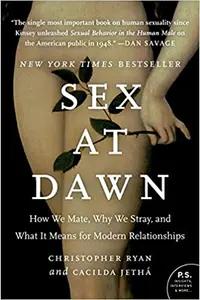
Sex at Dawn
Christopher Ryan
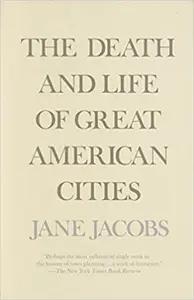
The Death and Life of Great American Cities
Jane Jacobs
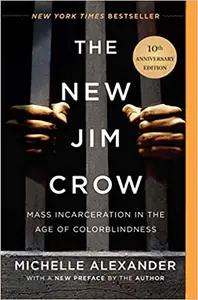
The New Jim Crow
Michelle Alexander
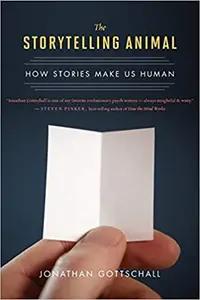
The Storytelling Animal
Jonathan Gottschall
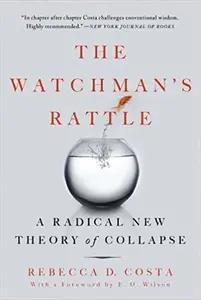
The Watchman's Rattle
Rebecca Costa
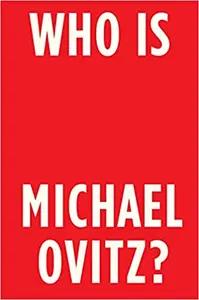
Who Is Michael Ovitz
Michael Ovitz
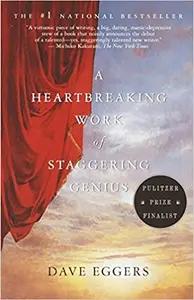
A Heartbreaking Work of Staggering Genius
Dave Eggers
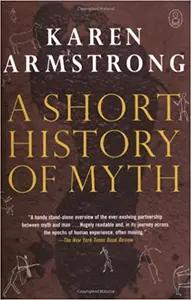
A Short History of Myth
Karen Armstrong
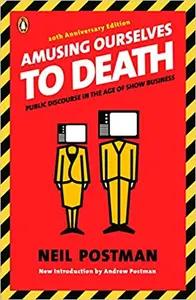
Amusing Ourselves to Death
Neil Postman
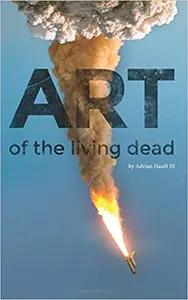
Art of the Living Dead
Adrian Hanft
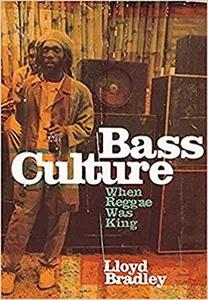
Bass Culture
Lloyd Bradley
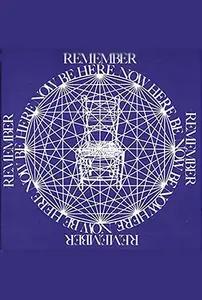
Be Here Now
Ram Dass
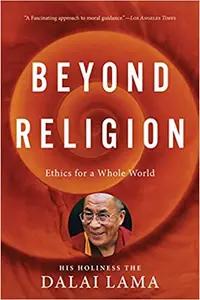
Beyond Religion
Dalai Lama
Popular Books Recommended by Great Minds 📚
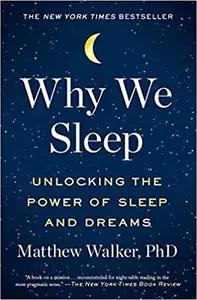
Why We Sleep
Matthew Walker
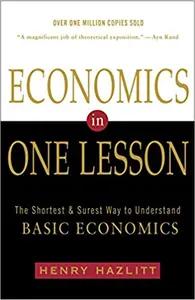
Economics in One Lesson
Henry Hazlitt
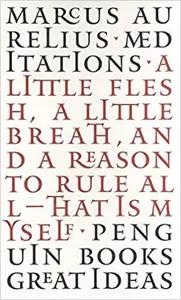
Meditations
Marcus Aurelius
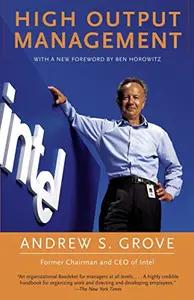
High Output Management
Andrew Grove

Hillbilly Elegy
J.D. Vance
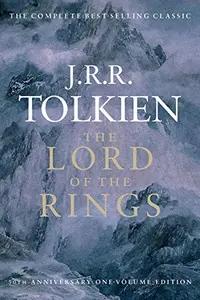
The Lord of the Rings
J.R.R. Tolkien
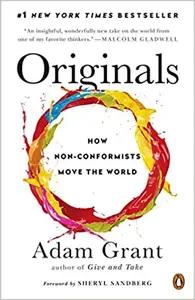
Originals
Adam Grant
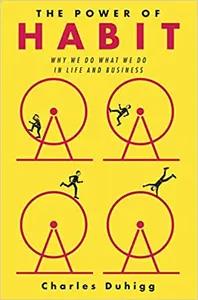
The Power of Habit
Charles Duhigg
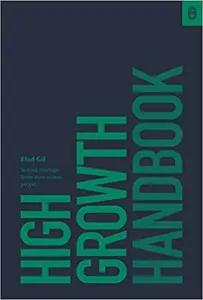
High Growth Handbook
Elad Gil

The True Believer
Eric Hoffer
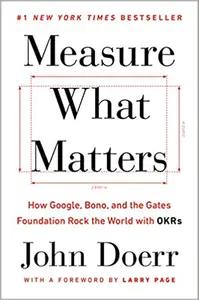
Measure What Matters
John Doerr
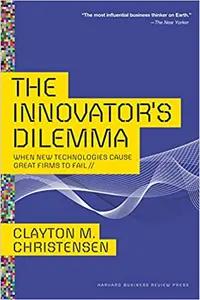
The Innovators Dilemma
Clayton Christensen
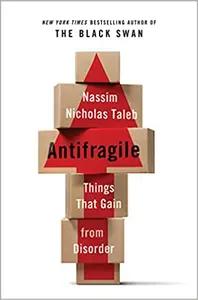
Antifragile
Nassim Nicholas Taleb
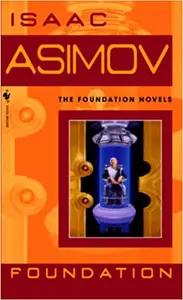
Foundation
Isaac Asimov
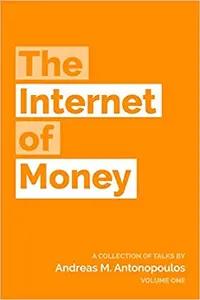
The Internet of Money Volume 1
Andreas Antonopolous
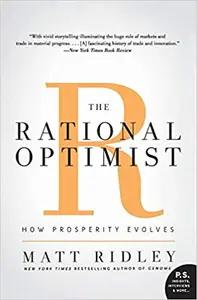
The Rational Optimist
Matt Ridley
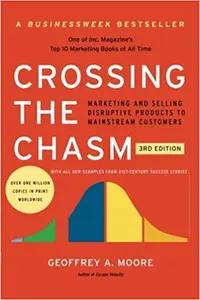
Crossing the Chasm
Geoffrey Moore
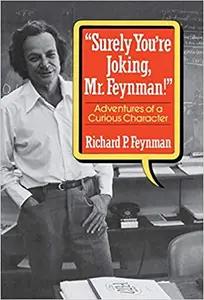
Surely You're Joking Mr. Feynman
Richard Feynman
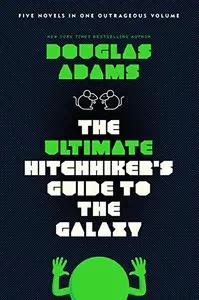
The Hitchhikers Guide to the Galaxy
Douglas Adams
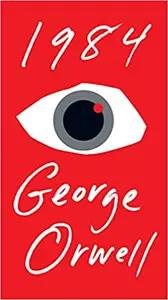
1984
George Orwell
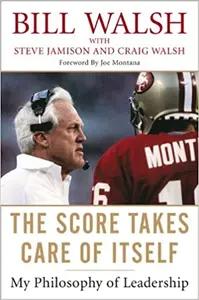
The Score Takes Care of Itself
Bill Walsh
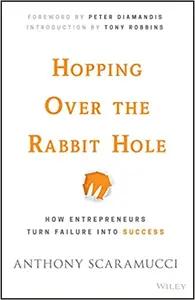
Hopping Over The Rabbit Hole
Anthony Scaramucci

Titan
Ron Chernow

Give and Take
Adam Grant

Brotopia
Emily Chang
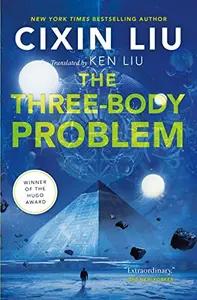
The Three Body Problem
Cixin Liu
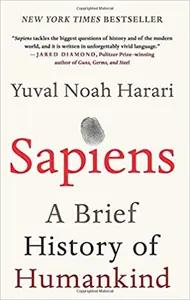
Sapiens
Yuval Noah Harari
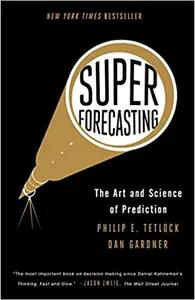
Superforecasting
Philip Tetlock
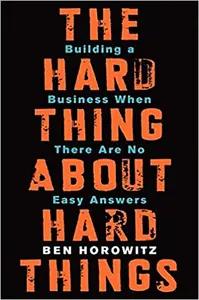
The Hard Thing About Hard Things
Ben Horowitz
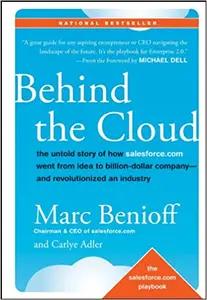
Behind the Cloud
Marc Benioff
